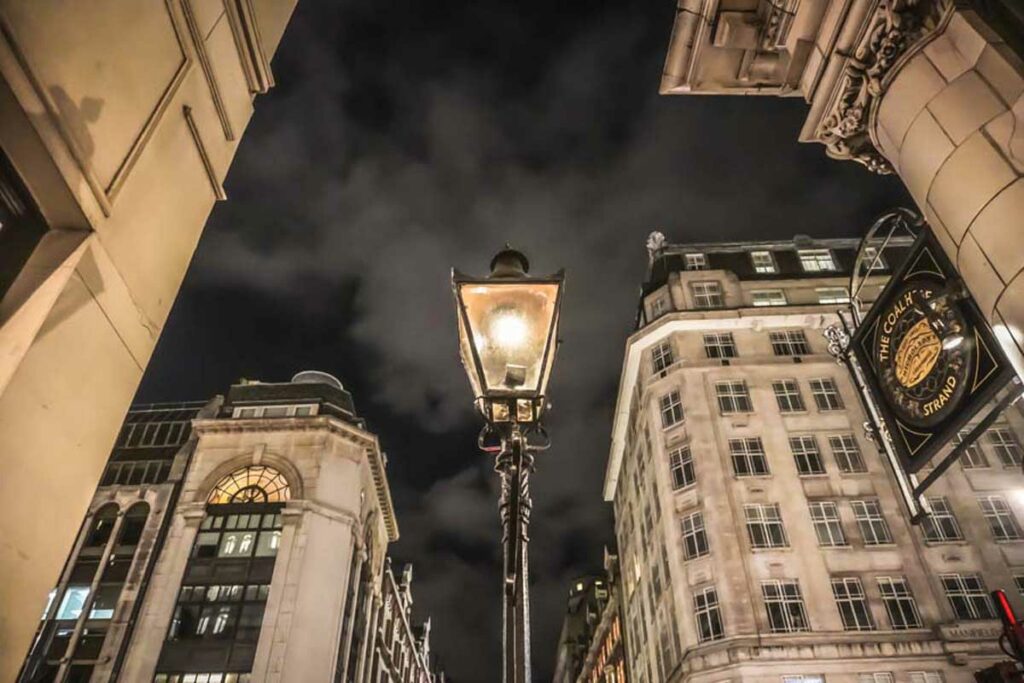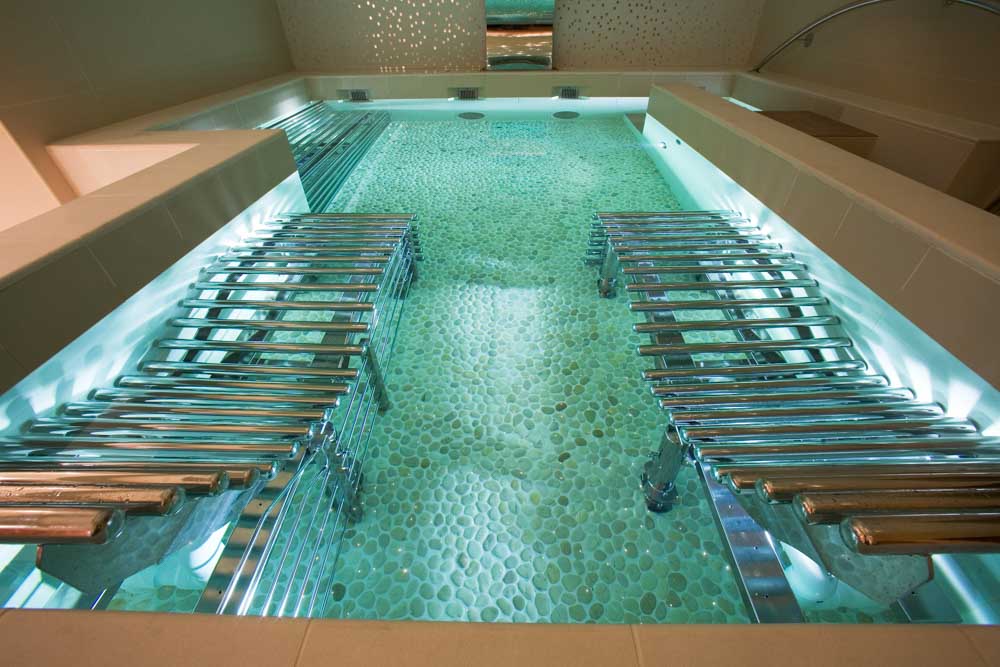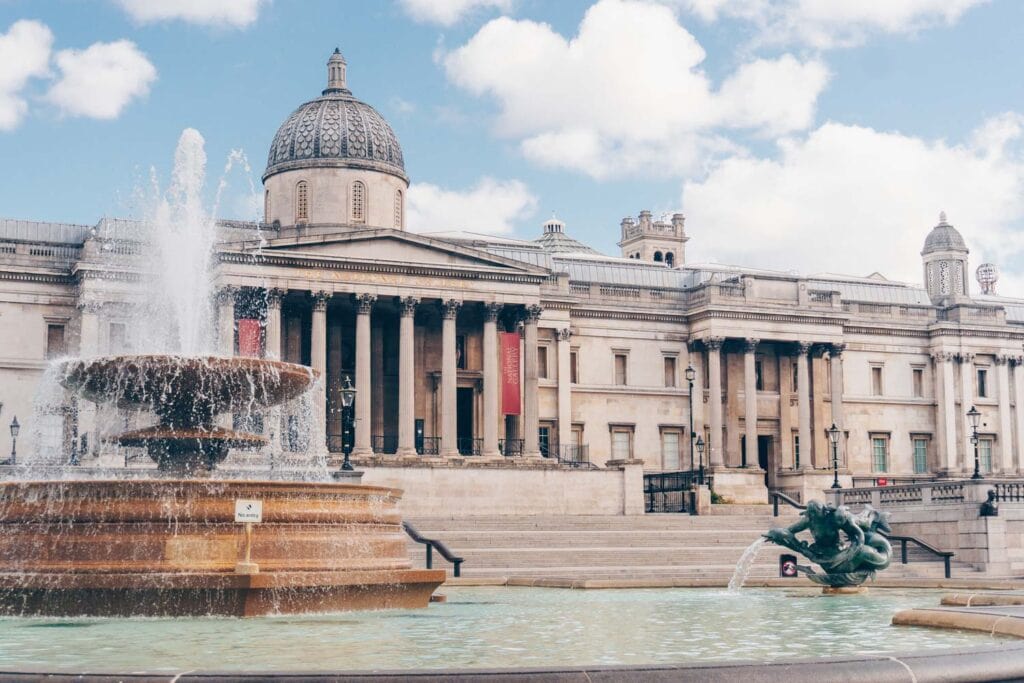Who knew one alley in London could be the subject of so much smut? Carting Lane has it in buckets. Literally.
London’s streets have a lot of history – much of it obscured by the centuries, and many of it built on layers of even older history like the foundations of the city itself.
There’s a place that does all of that just off the Strand – a little alley you might have even walked down it and not even known.
Carting Lane, in spite of being not more than a hundred-odd metres long, has been shaped by the changes of London in its own quiet ways. A lot of those changes have to do with some pretty humorous reasons. Let’s dive in.
Why Visit Carting Lane?
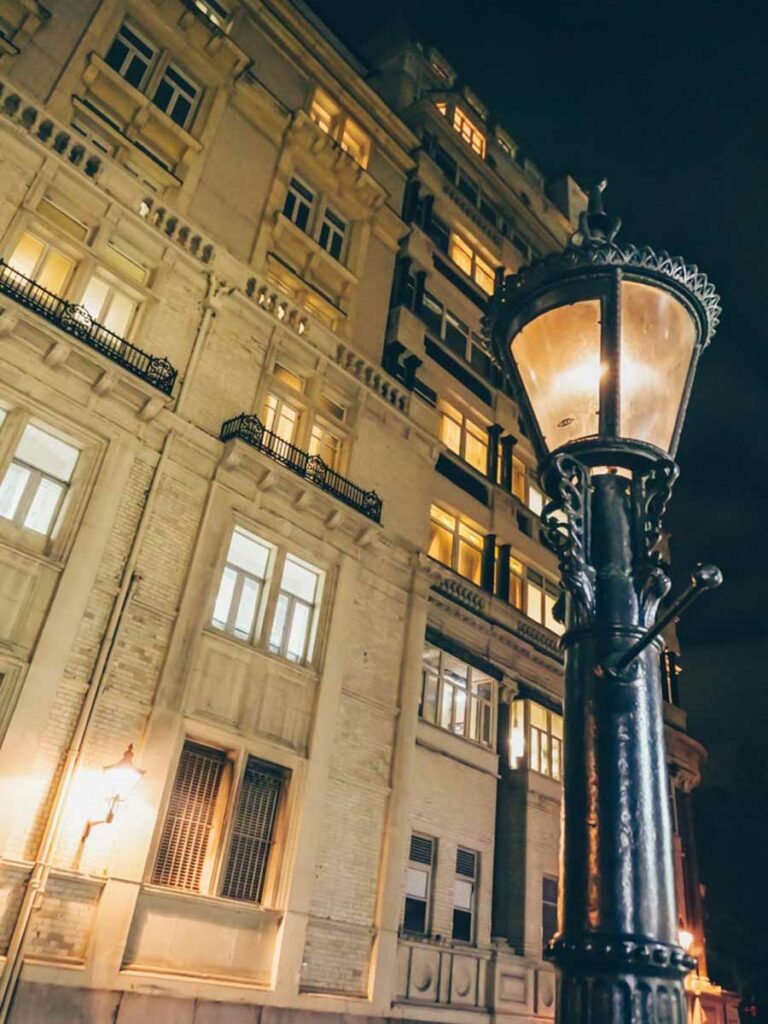
For a little bit of history in a place you’d not expect to find it, a great story about a lamp, and a pint or a bit of lunch in the delightful Coal Hole Pub at the top of the alley.
Carting Lane cuts through what must be some of the most expensive real estate in London, one end on the strand and another onto Victoria Embankment Gardens, with the walls of the Savoy hemming it in.
If you were to say, stumble out of The Coal Hole and take a drunken leak, it’s fair to say that Carting Lane would probably be the most historic place you’ve turned toilet. You’d also be doing that history a good bit of justice.
Let’s just stipulate that we’re not encouraging you to go and take leaks down Carting Lane, that might get you into trouble. So don’t do it. We’re just pointing out that Carting Lane has a long history of, well, bodily waste.
Some of it is pretty gross, and some totally inventive. To dig into it we have to go back into the murky depths of London’s history.
The History of Carting Lane
Ready to dive into this weird and wonderful portion of London history? Let’s go.
Saying It Plain Lane
Carting Lane was, for a time, known as Farting Lane, but before we get to that we should get to its original name, Dirty Lane, and why it was so named.
As you probably already know, way-back-when London was filthy, people would chuck sewage out of their windows into the gutters or rivers – anywhere they could really.
Way back in those mucky times before modern sewage, Londoners were a lot more straightforward about how they named their streets. There was a Pissing (har-har), Filth Alley, Stinking Lane, and Dirty Lane. Given the sanitation system it’s not hard to see why.
In the Name of Cleanliness
Then the 1800’s happened and London cleaned its act up, built a modern sewer system – commendations to Joseph Balgazette, London’s greatest unsung hero – Dirty Lane, as did the rest of the city, took a turn for the hygienic.
It seems that in cleaning up London’s streets, Balgazette may have also cleaned up its citizen’s minds. They decided Dirty Lane, among others, was a name not befitting of London’s grandeur, and changed it to Carting Lane instead.
This was probably because carts would go up and down it to access wharfs on the Thames. Funny to see that they didn’t get more inventive with their names then.
Farting Lane
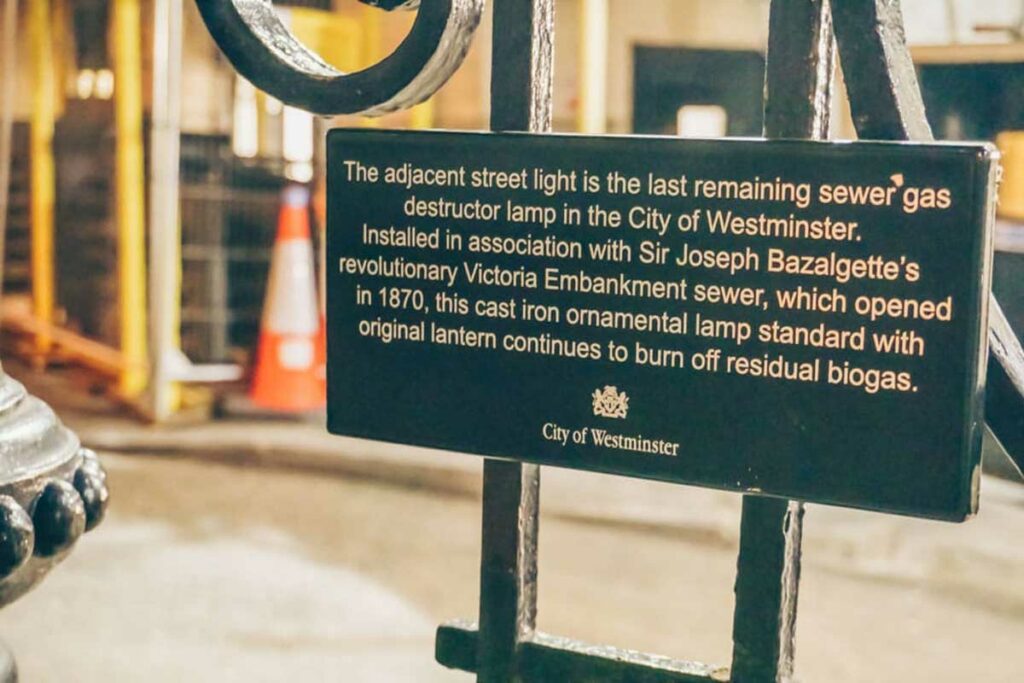
With the invention of modern sewers, a new problem arose: What to do with all the excess methane? This was of real concern, mainly because a build up could cause actual explosions.
One bright mind had the idea of solving two problems at once: using the methane to power gas lamps that would light the dark streets of London.
They got the go ahead to give it a try in Carting Lane, syphoning off methane from the swanky new Savoy Hotel. Unfortunately, the guests couldn’t produce enough of the stuff to keep the lamps lit.
The lamp still stands. So how did he get around the problem? The history is so good we’ve written a separate article all about the Carting Lane lamp.
The lamp’s most lasting legacy might be that, because of its use of methane, Carting Lane became mockingly nicknamed Farting Lane.
Perhaps Londoners can be inventive with their naming after all.
Carting Lane: Practical Information
Address: Carting Lane, London
Opening Times: Carting Lane is just a lane, so you can walk down it any time of day for free.
We recommend stopping off at The Coal Hole pub for a pint. It’s open Monday – Friday 12pm – 11pm, Saturday 11am – 12am, and Sunday 12pm – 10pm.

